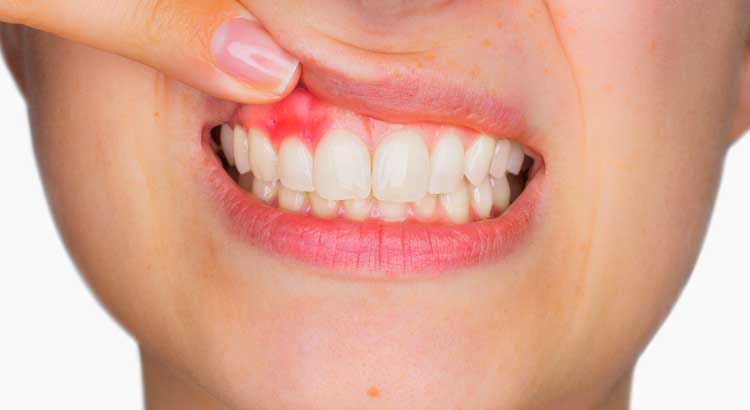When leftover food and bacteria develops in the areas between your teeth and gums, and proper care isn’t taken, there are high chances of developing gingivitis.
The bottom line in treating and preventing gingivitis is that you have to eliminate as much plaque as you possibly can. Plaque, the sticky film containing bacteria that builds up on teeth and around the gum line, is the whole reason gingivitis happens.

Plaque produces toxins that irritate your gums and begin a chain reaction of redness, swelling, and bleeding. Fortunately, if gingivitis is caught early, and plaque is fought in all the right places, the bacteria can be removed, and gingivitis can be treated fairly easy.
There are home remedies which can be used to prevent the cause of periodontal disease, and we strongly recommend following a routine for treatment, including:
Use Antibacterial Toothpaste: It can help fight plaque all day and night, long after you’ve completed your oral hygiene routine
Brush your teeth more effectively: Pay special attention to the gum line, as that is where a lot of toxic plaque bacteria can build up
Use an Antibacterial Mouthwash: Mouthwash can get to plaque bacteria that’s hiding in those hard-to-reach places. It is important to add an effective antibacterial mouthwash to your routine to help the prevention of gingivitis
Floss daily: Flossing is a great tool for the treatment of gingivitis, as it removes food particles that can feed plaque that your toothbrush could miss.
Are you suffering from gingivitis? Our dentists in Berwick – Narre Warren can help clean your gums regularly and make recommendations for a step by step recovery. Our friendly and professional team in Berwick are ready to take care of you. For a free, no obligation consultation, contact our dental team on 03 9796 1881 or langmorelane24@hotmail.com



